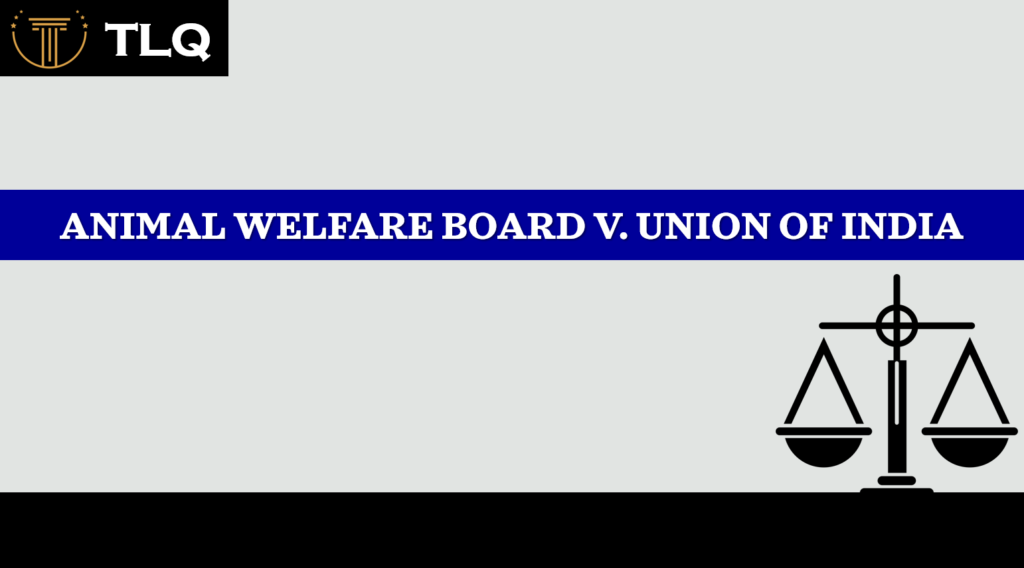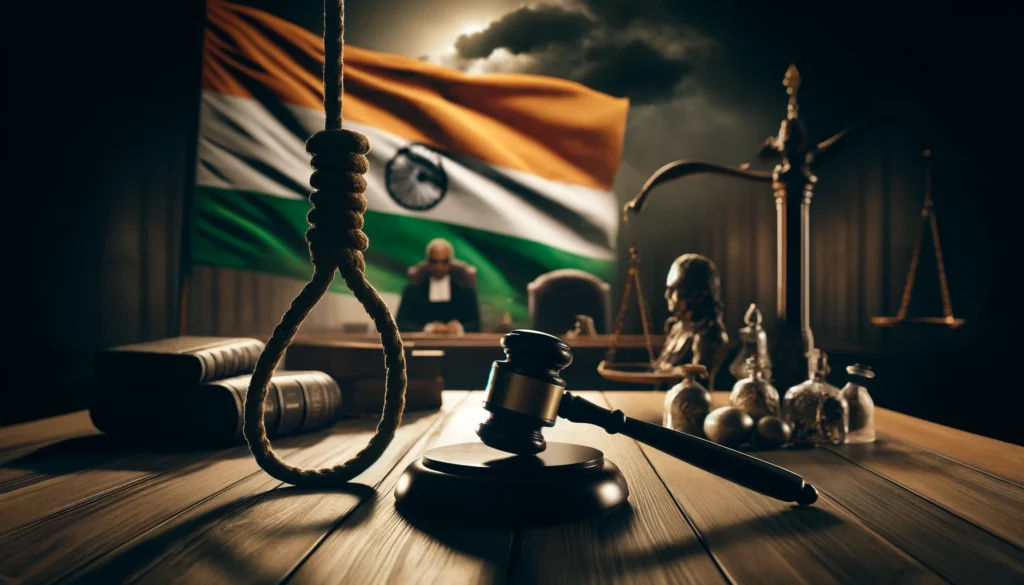Published On: 5th November, 2024
Authored By: Saairaman S.A
Tamil Nadu Dr. Ambedkar Law University
ABSTRACT
Marriage laws in ancient India were based on customs. There was no consent of the parties to marriage was considered. Later law was enacted, and the rules regarding the marriage were followed any marriage that is not contrary to the rules will be declared void. There are different religions in India. Hindu religion follows the Hindu Marriage Act, the Muslim Religion religion follows the Muslim Marriage Act and the Christian religion follows the Christian Marriage Act. There will be provisions for requities of marriage, registration, and dissolution. These marriage laws can be amended by the legislature.
INTRODUCTION
Marriage in India followed ancient methods. During the ancient period, the kings married many wives while capturing the kingdom. They would even kidnap women and marry them women. They would marry women without the consent of the women. There was the practice of child marriage during that period. This happened during the Mughal period to protect their girl child from the king. They also practiced sati which is when the husband dies during the funeral the woman is thrown to the fire. It is practiced without the consent of the women. The law evolved over the country and the constitution was amended in 1950. There are three different religions each religion has different marriage laws for each religion. Child marriage was criminalized. So without the consent of spouses marriage cannot happen. Marriage laws were strictly binding on the parties. Bigamy was also prohibited. Laws were also amended for the dissolution of marriage.
HINDU MARRIAGE LAW
Hindu Marriage Act was enacted in 1955
1. Conditions for the marriage
Section 5
The marriage should happen between two Hindus and should be in compliance with the following conditions
- There should not be a living spouse for both parties during marriage
- Parties should have attained the age of majority
- Parties are not within a prohibited relationship
- Parties should not be sapindas relations to each other
2. Ceremonies of the marriage
Section 6
- The marriage should happen by following the rites and ceremonies that either of the parties follows
- The marriage should follow the Saptapadi ceremonies And the marriage becomes complete After the parties performing the ceremony
Saptapadi ceremony– the parties will take seven steps before the sacred fire. The seventh completes the ceremony and the marriage is completed between the parties.
If this ceremony is not performed then the marriage is not valid under the Hindu Marriage Act
3. Registration of Marriage
Section 8
- For the proof of marriage the State government can make laws on it and the parties have particulars regarding it and it is subject to conditions mentioned in register rules and regulations
- The state government may declare that it is compulsory to follow the procedure mentioned in (i) and the person who is not following it shall be liable for the act and there will be an imposing fine on the person which can be 25 rupees.
- Any rules that are made under the Hindu Marriage Act will be submitted before the State Parliament for approval and then it will be amended.
- The register will be open for inspection and shall admit the evidence submitted by the parties and the application will contain a prescribed fee.
4. Restitution of Conjugal Rights
Section 9
- Any of the parties who have withdrawn the marriage rights of the parties without reasonable excuse can file a petition in the district court and the court will declare decree of restoring the marriage right if there is truth in the statements of the affected party.
- The reasonable excuses should be proved by the parties who have withdrawn the rights and the burden of proof lies on the party.
5. Judicial separation
Section 10
1(( 1) Either party to a marriage, whether solemnized ahead or after the inception of this Act, may present a solicitation soliciting for a decree for judicial separation on any of the grounds specified in sub-section( 1) of section 13, and in the case of a woman also on any of the grounds specified in sub-section ( 2) thereof, as grounds on which a solicitation for divorce might have been presented.)
2) Where a decree for judicial separation has been passed, it shall no longer be obligatory for the supplicant to abide with the replier, but the court may, on the operation by solicitation of either party and on being satisfied with the verity of the statements made in the similar solicitation, rescind the decree if it considers it just and reasonable to do so.
6. Divorce
Section 13
Any marriage conducted, whether before or after the inception of this Act, may, on a solicitation presented by either the hubby or the woman, be dissolved by a decree of divorce on the ground that the other party—
(i) has, after the solemnization of the marriage, had voluntary sexual intercourse with any person other than his or her partner; or
( a) has, after the solemnization of the marriage, treated the supplicant with atrocity; or
(i) has deserted the supplicant for a nonstop period of not lower than two times incontinently antedating the donation of the solicitation; or
(ii) has desisted from being a Hindu by conversion to another religion; or
(iii) has been incurably of unsound mind, or has been suffering continuously or intermittently from internal complaint of such a kind and to such an extent that the supplicant can not nicely be anticipated to live with the replier.
7. Divorce by mutual consent
Section 13 B
1) Subject to the vittles of this Act a solicitation for dissolution of marriage by a decree of divorce may be presented to the quarter court by both the parties to a marriage together, whether similar marriage was conducted before or after the inception of the Marriage Laws( Correction) Act, 1976( 68 of 1976), on the ground that they’ve been living independently for a period of one time or further, that they’ve not been suitable to live together and that they’ve mutually agreed that the marriage should be dissolved.
2) On the stir of both the parties made not earlier than six months after the date of the donation of the solicitation appertained to in sub-section ( 1) and not latterly than eighteen months after the said date, if the solicitation isn’t withdrawn in the meantime, the court shall, on being satisfied, after hearing the parties and after making similar inquiry as it thinks fit, that a marriage has been conducted and that the averments in the solicitation are true, pass a decree of divorce declaring the marriage to be dissolved with effect from the date of the decree.[1]
MUSLIM LAW
1. Valid marriage conditions
Section 6
The essentials of a valid Muslim marriage under this Act area of marriage.
- a) that each of the parties belongs to and professes the Muslim faith or religion;
- b) that each of the parties shall, with respect to age, internal capacity, and else, be able to constrict marriage;
- ( c) that the parties shall not by reason of anything contained in the Islamic law relating to marriage be banned from marrying one another;
- d) that the parties, understanding the nature of the contract, shall freely assent to marry one another;
- (e) that the marriage shall be effected by or before a person appointed as a marriage officer under the vittles of this Act;
- (f) that the marriage shall be registered in agreement with the vittles of this Act’s Age limit and concurrence.
2. Age limit
Section 7
The age at which a person, being a member of the Muslim community, can constrict marriage shall be sixteen years handed that in the case of an intended marriage between persons either of whom is a male under twenty- time of age or a lady is under eighteen times of age( not being a companion or widow), the concurrence to similar marriage, of the father if living, or, if the father is dead, of the guardian or guardians lawfully appointed or of one of them, and, if there’s no similar guardian, also of the mother of similar person so under age, and, if there’s no mother living, also of similar another person as may be appointed for the purpose by the Minister, shall be certified in jotting by the marriage officer by or before whom the marriage is effected upon the instrument of similar marriage to be issued in agreement with the vittles of this Act.
3. Consent to marriage
Section 8
in certain cases In case any person whose consent to a marriage is in needed in agreement with section 7 is absent from the certain islet or is unfit or refuses to give similar concurrence or isn’t- of sound mind, it shall be legal for the person desirous of constricting similar marriage to apply to the Minister to appoint a person, being a member of the Muslim community, to examine into the circumstances of similar intended marriage, and if upon similar examination by the person so appointed it appears to him that there are no reasonable expostulations to similar intended marriage, he shall so formally declare in jotting and similar protestation shall for the purposes of this Act be supposed original to similar concurrence as forenamed.
4. Registration of marriage
Section 11
1) Any Muslim marriage which was entered into previous to the 19th December 1957, between Muslims on the island at the date of similar marriage and which tutor marriage is still breathing and is valid according to the Muslim law relating to marriage may be registered under this Act in accordance with the vittles hereinafter contained.
2) The parties to a similar marriage shall attend together with a & age officer before a Civil Registrar and similar parties shall, in the presence of and before the Civil Registrar, make a protestation in the form specified, which protestation shall be certified by the marriage officer in the manner specified.[2]
CHRISTIAN MARRIAGE LAW
Marriages are to be conducted according to the Act.
Section 4
Every marriage between persons, one or both of whom is or are a Christian, or Christians, shall be conducted in agreement with the vittles of the coming following section; and any similar marriage conducted else than in agreement with similar vittles shall be void.
Persons by whom marriages may be conducted.
Section 5
Marriages may be conducted in India —
- by any person who has entered episcopal ordination, handed that the marriage be conducted according to the rules, solemnities, observances, and customs of the Church of which he’s a Minister;
- by any Clergyman of the Church of Scotland, handed that similar marriage be conducted according to the rules, solemnities, observances, and customs of the Church of Scotland;
- by any Minister of Religion certified under this Act to memorialize marriages; 4) by, or in the presence of, a Marriage Registrar appointed under this Act; ( 5) by any person certified under this Act to grant marriage instruments between Indian Christians.
Entitlement and cancellation of licenses to memorialize marriages. —
Section 6
The State Government, so far as regards the homes under its administration, may, by announcement in the Official Gazette, entitlement licenses to Ministers of Religion to memorialize marriages within similar homes and may, by a suchlike announcement, drop similar licenses.
Marriage registers.
Section 7
The State Government may appoint one or further Christians, either by name or as holding any office for the time being, to be the Marriage Registrar or Marriage registers for any quarter subject to its administration.
Senior Marriage Registrar. — Where there are more Marriage registers than one in any quarter, the State Government shall appoint one of them to be the Senior Marriage Registrar.
Magistrate when to be Marriage Registrar. — When there’s only one Marriage Registrar in a quarter, and a similar Registrar is absent from a similar quarter, or ill, or when his office is temporarily vacant, the Magistrate of the quarter shall act as, and be, Marriage Registrar thereof during similar absence, illness, or temporary vacancy.[3]
CONCLUSION
Marriage laws in India are more binding on the parties. The parties have to follow the marriage laws in order to protect their marital rights. This applies to all the religious laws like the Hindhu Marriage Act, Muslim Marriage Act, and Christian Marriage Act. There will be different ceremonies and rites in each religion. The Uniform Civil Code tries to unite all these religious laws into one marriage law. This will not be suitable as the ceremonies and rites and other laws regarding marriage law will be affected. So uniform civil code should not include marital laws.
Reference(s):
[1]- Hindhu marriage act, www.indiacode.in (last visited 10th September 2024)
{2]- Muslim marriage act,http://jafbase.fr( last visited 10th September 2024 )
[3]- Christian marriage act, www.indiakanoon.org ( last visited 10th September 2024)




